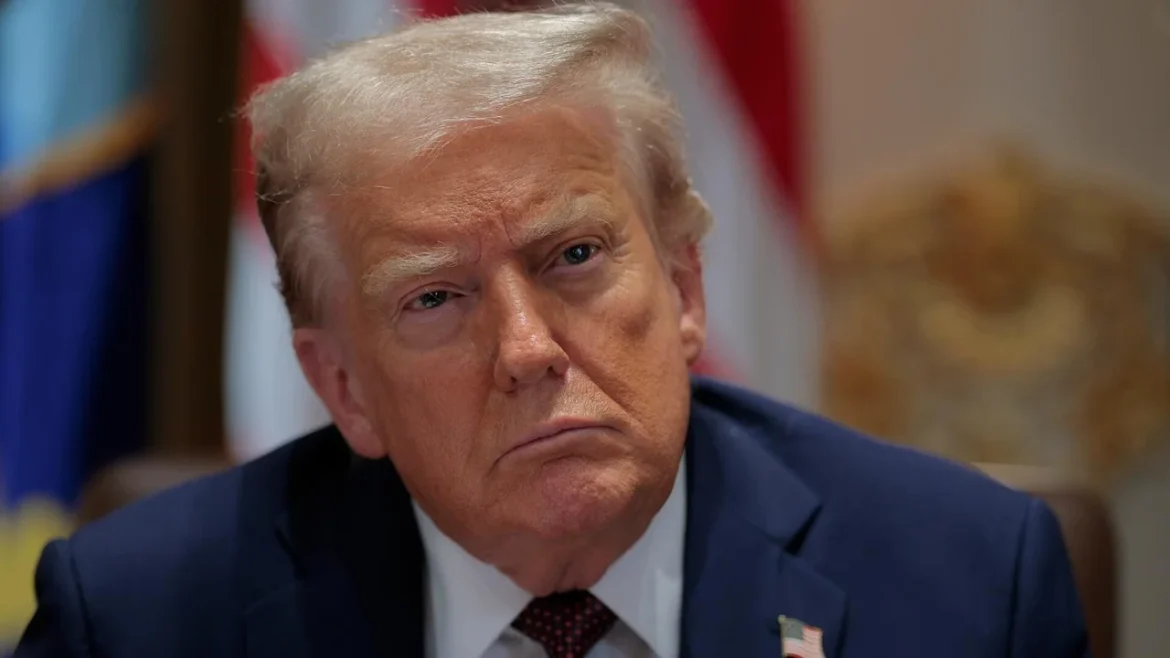A federal appeals court has ruled that a significant number of tariffs imposed by former President Donald Trump on various countries were not legally permissible. Despite this finding, the court chose not to halt the imposition of these tariffs.
The court’s decision reflects a crucial examination of the legal grounds for tariffs implemented by the previous administration. The imposed tariffs had affected an array of products and materials imported from numerous countries. The legal challenge focused on whether the basis for these tariffs adhered to established legal standards.
Legal experts have closely monitored the case, marking it as a significant moment in the ongoing debate over trade policies and national security measures. The tariffs in question were implemented under Section 232 of the Trade Expansion Act of 1962. This law allows the President to impose tariffs for the sake of national security. The Trump administration argued that these tariffs were essential to protect domestic industries and safeguard national security interests.
The appeals court, however, questioned the legitimacy of this reasoning for imposing such broad tariffs. The court analyzed whether the national security concerns cited were adequately justified and if the scope of the tariffs was within what the law permits.
Industry leaders and trade groups have been vocal about the economic impacts of these tariffs, citing increased costs and strained international relations. Many have called for a comprehensive reevaluation of the trade measures introduced during Trump’s presidency, emphasizing the need for policies that support global trade stability.
Some countries affected by these tariffs had sought relief through the World Trade Organization (WTO), claiming that the tariffs breach international trade agreements. The WTO has a structured process for resolving trade disputes between member countries, but it can be a lengthy process.
The Biden administration has been under pressure to address these tariffs amidst ongoing global trade discussions. While some tariffs have been rolled back or modified under the current administration, several remain in place, maintaining some continuity with the previous administration’s policies.
The court’s decision not to halt the tariffs means that businesses must continue to operate under the current conditions. Importers and exporters are expected to navigate the financial and logistical challenges posed by the tariffs as they await further legal and administrative actions.
Trade analysts note that the outcome of this legal challenge could have broader implications for future U.S. trade policy. The ruling might influence how future administrations approach the justification and implementation of tariffs. There may also be potential legislative responses to clarify or amend the current legal frameworks governing trade actions.

